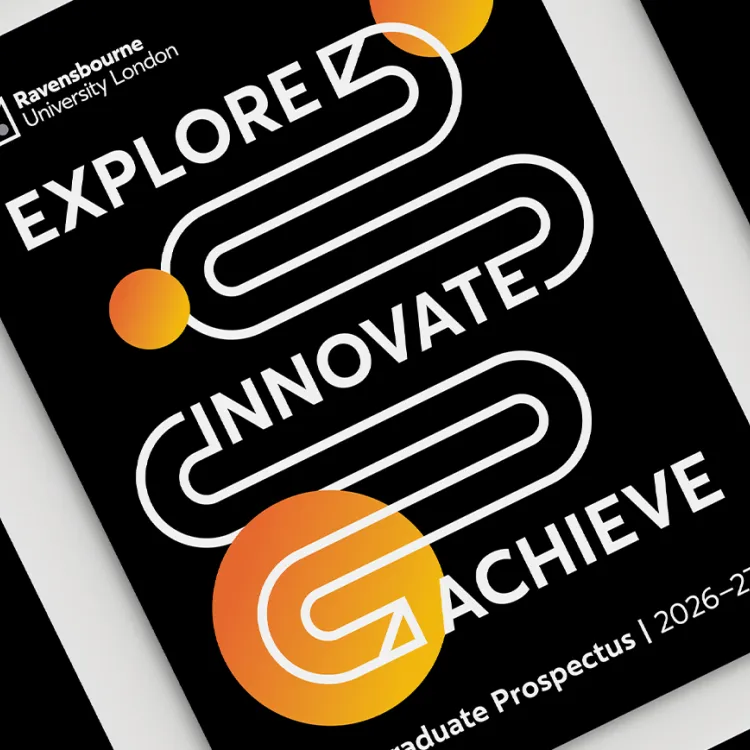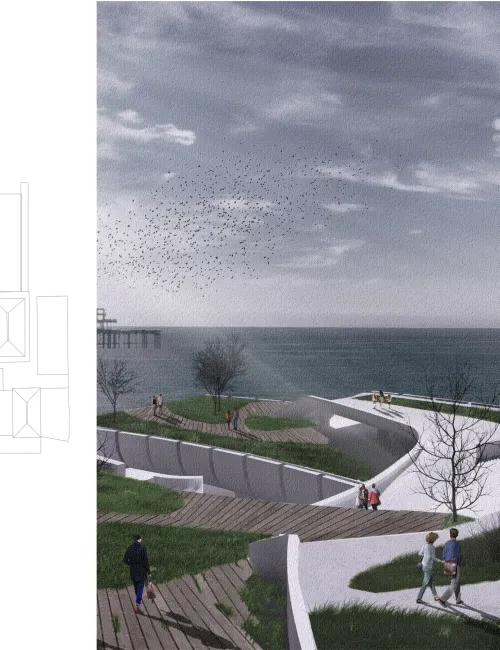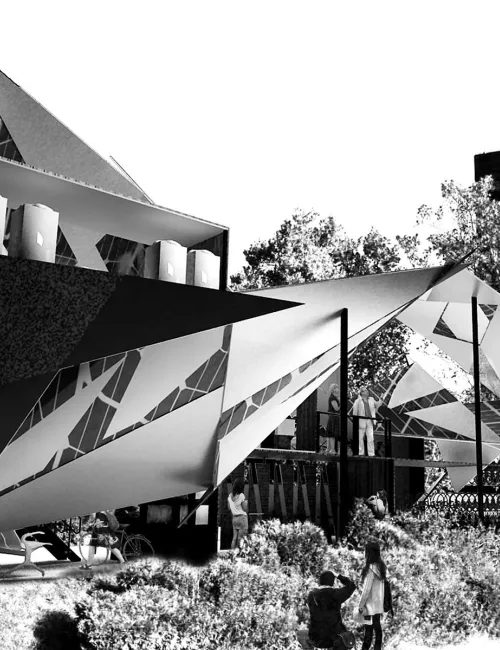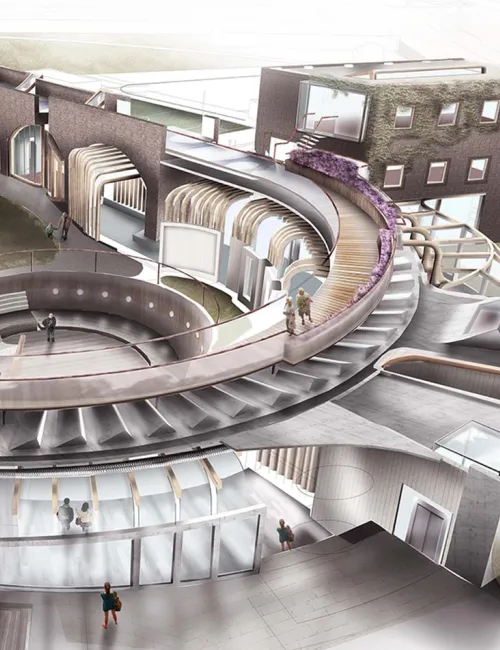BEng (Hons) Architectural Design Engineering with Integrated Foundation Year
Apply now:
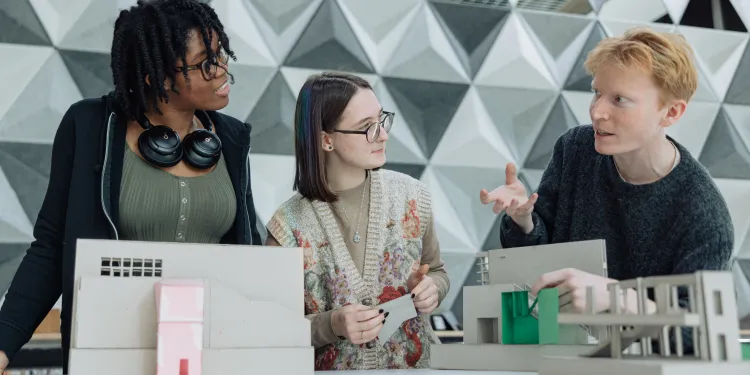
Currently reading: Course overview
Course overview
-
Starts:Sep 2026
-
Duration: 4 years
-
Mode:Full time
-
UCAS code:K411
-
Fees:UK: £9,790 (2026/27) International: £17,500 (2026/27)
Subject to validation.
Shape tomorrow's cities.
The BEng (Hons) Architectural Design Engineering with Integrated Foundation Year combines creative design, technical expertise, and industry experience to equip you with the skills to create bold, high-performance structures that transform modern urban environments.
What will you gain from this course?
- A solid foundation in architectural design through studio and practice-based learning
- Applied understanding of structures, materials, and environmental systems
- Skills in digital modelling, performance analysis, and technical communication
- Experience tackling complex briefs: transport hubs, cultural venues, and infrastructure buildings
- Preparation for multiple careers in the built environment and progression to architectural qualification
What makes this course truly unique?
Integrated Learning: Combines design, structures, and building performance in a collaborative, practice-based curriculum.
Industry Engagement: Work on live briefs from industry and communities to address real urban challenges.
Physical & Digital Tools: Use model-making, Revit (BIM), and performance analysis software to enhance industry readiness.
Progression to Part 2 Architecture: Keep the architectural path open while gaining engineering credibility for professional registration.
Design-Led Focus: Studios prioritise infrastructure briefs while teaching engineering principles.
Interdisciplinary & Collaborative: Shared modules with Architecture, Interiors, and Urban Landscape, tackling projects across London’s built environment.

Not ready to apply? Stay in the loop!
Learning and teaching methods
At Ravensbourne, we put industry collaboration at the heart of your learning. From day one, you’ll work on practical projects alongside industry professionals, gaining hands on experience and insights that prepare you for your career.
You’ll also explore cutting-edge technologies, with access to collaboration labs and the Centre of Excellence in Emerging Technologies. Tools like AI, VR, and AR are integrated into your learning to develop digital skills and enhance your creative practice.
Our teaching is inclusive and supportive, reflecting the diversity of our students and helping everyone feel a sense of belonging. We provide guidance on mental health, neurodiversity, and cultural competence throughout your studies.
You’ll shape your learning through collaboration, co-designed projects, mentoring, tutorials, and cross-disciplinary opportunities that push creative boundaries.
Finally, we focus on sustainability and purpose driven design, encouraging you to tackle climate and social challenges and engage with initiatives aligned with the UN Sustainable Development Goals.
The specifics
Download course specification*
*subject to validation
